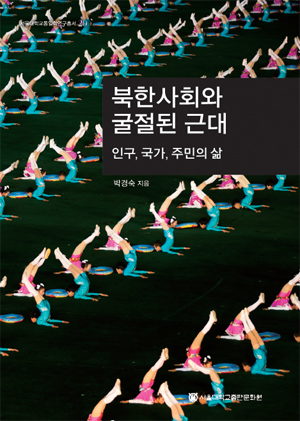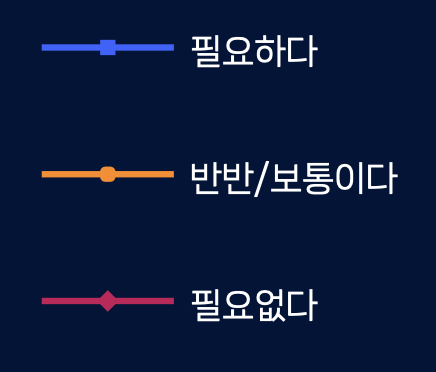North Korean Society and Refracted Modernity: Population, Nation, and the Lives of Inhabitants (in Korean)

Seoul National University Unification Studies Series – 20
Author: Park Kyung-suk, Seoul National University Publishing and Cultural Center
Book Introduction
This study begins with an analysis of the turbulent 1990s, asking questions about the relationship between food shortages and population movements in North Korea. This book intents to reveal whether or not 3 million people really died of starvation during the food shortage in the late 1990s, how the food shortage developed, and how the lifestyle of North Koreans changed after the famine. However, the task of solving the puzzle of North Korea’s population movements cannot be separated from the task of getting to know the lives of North Koreans and their society. The author considered the roles of power structures and perceptions of the life’s meaning embedded in North Korea’s population movement, paying attention to the way the population was controlled by the state, the impact of food shortages and macro-power structures in East Asia on the North Korean population movement, and the way that population changes affects society. Within the analysis population movements within North Korean society, there lies a history of how North Korean society became what it is today. Using this data, coordinates can be drawn indicating where our future was and is headed.
About the Author
Park Kyung-suk : Professor of Sociology at Seoul National University
Published: 2013.05.28


















